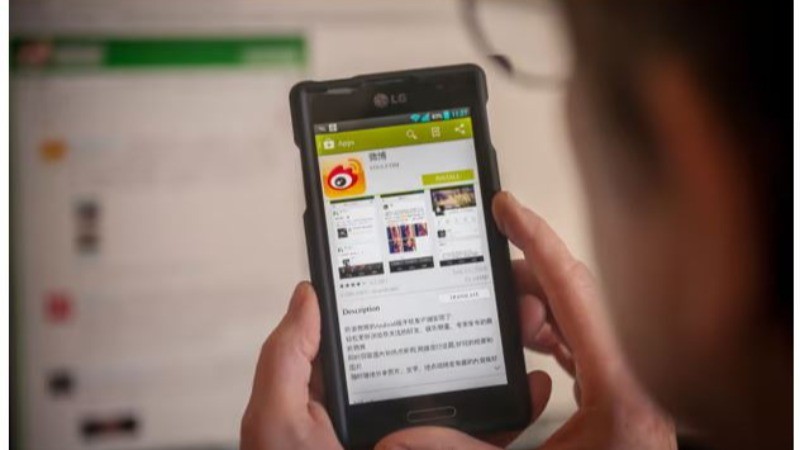
China has launched a new campaign targeting the use of puns and homophones online, tools citizens have used to discuss sensitive issues without getting censored. Named “Clear and Bright,” this initiative aims to remove what officials see as “irregular and uncivilized” language from internet platforms, particularly focusing on jokes, memes, and wordplay.
The Cyberspace Administration of China and the Ministry of Education announced this campaign earlier this month. Authorities are increasingly concerned about internet jargon and memes that they claim confuse users and undermine the ideological values of young people. An editorial in a state newspaper noted, “For some time, various internet jargons and memes have appeared frequently, leaving people more and more confused.” The editorial warned that these trends could lead to “adverse consequences.”
China's online environment is tightly controlled, with many sensitive topics, such as the Tiananmen Square massacre and criticisms of President Xi Jinping, heavily censored. Any expressions that insult the government or the nation face severe backlash. In response to these strict controls, internet users have cleverly adapted their language, using obscure references and in-jokes to avoid detection.
Homophones have become a popular method of communication, allowing users to convey different meanings using words that sound similar in Mandarin but are written differently. For example, the term for “paratrooper” (sǎn bīng) is often used to mean “idiot” (shǎ bī). This creativity shows how determined users are to express dissent in a challenging environment.
Authorities constantly try to find new euphemisms for sensitive topics. In the past, efforts to bypass censorship included using three arrows to symbolize the tones of Xi Jinping’s name or comparing him to Winnie-the-Pooh due to supposed physical similarities. Some users have even taken to using the phrase “your country” to criticize the Communist Party of China (CCP), subtly rejecting the narrative that equates the CCP’s regime with “my country.”
To navigate this restrictive atmosphere, academics and intellectuals have begun sharing allegorical poems or historical references instead of directly discussing government policies. This shift demonstrates the lengths to which individuals will go to voice their concerns without provoking authorities.
The new campaign aims to even regulate seemingly harmless puns. An example cited by state media includes the phrase “rainy girl without melons” (yǔ nǚ wú guā), often interpreted as “it’s none of your business” (yǔ nǐ wú guān). This illustrates the extensive reach of the campaign, which seeks to control all forms of ambiguous language.
Taiwan Accuses China of Launching Satellites Over Its Air Defense Zone Amid Rising Tensions
U.S. Reaffirms Commitment to Strengthening Ties with India, Brazil, and South Africa
How China and India Reach Agreement to End Ladakh Border Standoff